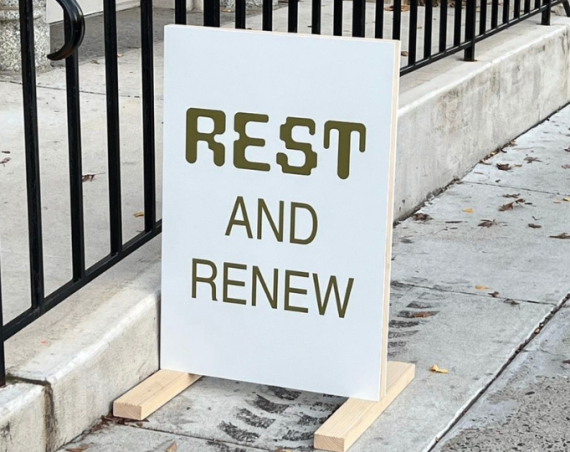Chanukah will kick off the 2022 winter holiday season Monday. The National Fire Protection Association (NFPA) says house fires are most likely to occur during winter. Heating, holiday decorations, candles, and winter storms contribute to this increase. With the beginning of the winter starting next Wednesday, December 21, it’s good to have some tips that will help hinder the unfortunate possibility of a house fire.
The tips below are gathered from the NFPA and the Federal Emergency Management Agency (FEMA) websites.
Tips for avoiding an electrical fire
- You should plug only one heat-producing appliance (coffee maker, microwave, air fryer, etc.) into a wall outlet at a time.
- Never use an extension cord with a heat-producing appliance.
- Use extension cords occasionally, and plan to have an electrician install wall outlets where needed.
- Be sure all electrical items you are not using are turned off when you are not using them, especially if you’re not home or during sleep hours (midnight through 8 a.m.)
Tips for avoiding a winter holiday fire
- Remove your Christmas tree when it’s dry or after Christmas.
- Set it on the curb
- OR take it to a Christmas tree recycling center.
- Keep your tree away from any heat sources (vents, radiators, fireplaces, candles, space heaters, etc.).
- Read the manufacturer’s installation instructions for holiday decorations to ensure the best use and safety.
- Use non-flammable items and lights, if possible.
- Water your Christmas tree regularly.
- Keep candles 12 inches away from anything flammable.
- Blow out candles if you plan on leaving them unsupervised.
- Monitor pets and children around candles.
- When cooking, keep flammable items away from the stove.
- Follow temperature guidelines for how much heat to use when cooking.
- If a grease fire starts, immediately turn off the heat and cover the pan. Do not pour water on the fire as splashing could spread the grease and flames.
Tips for avoiding a general winter fire
- Install and test smoke detectors monthly.
- You can request free smoke detectors in Philadelphia using 311.
- New smoke detectors often come with a 10-year battery.
- Have your chimney cleaned and inspected at least once per year.
- Keep portable generators outside and as far away from your home as possible.
- Install and test carbon monoxide detectors at least once a month.
- You should plug only one heat-producing appliance (i.e., space heater) into an electrical outlet simultaneously.
- Keep anything that can burn at least 3 feet away from heat sources (stoves, fireplaces, radiators, etc.
- Do not use an oven or stovetop to heat your home.
- Use space heaters with an automatic shut-off.
- Don’t overload electrical outlets, including not plugging two power strips into the same wall outlet. Also, refrain from plugging one power strip or extension cord into another.
For more fire safety tips and resources, visit nfpa.org, fema.gov, or the city of Philadelphia’s website.



